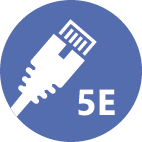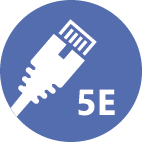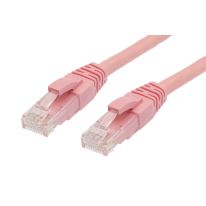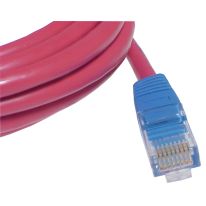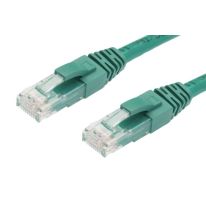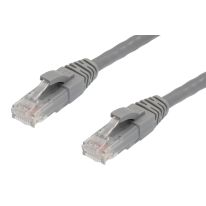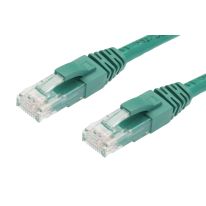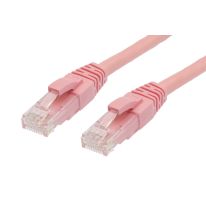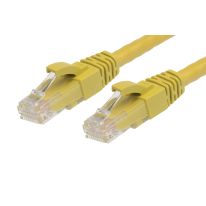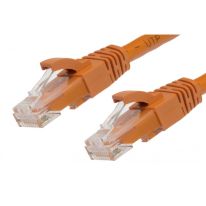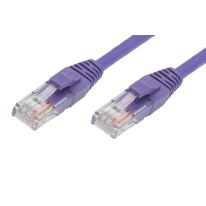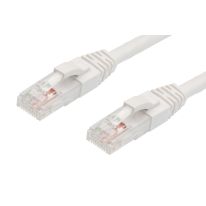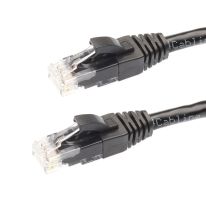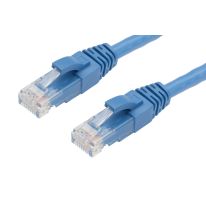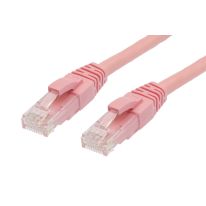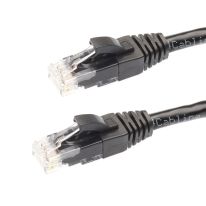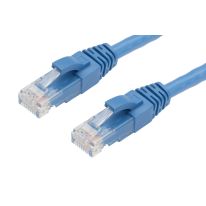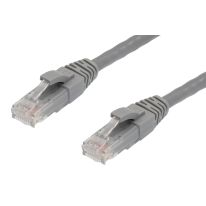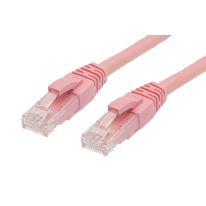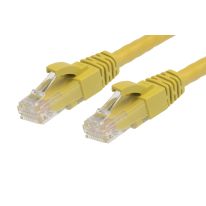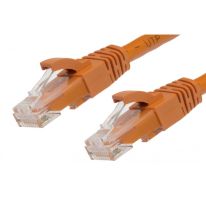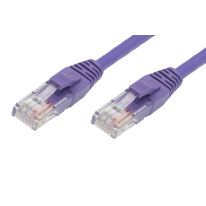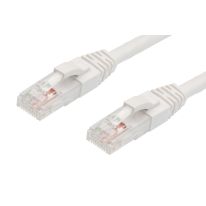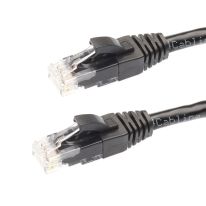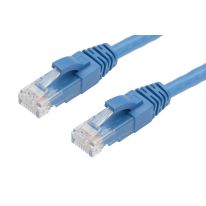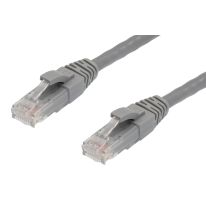-
-
SaleSKU: 004.006.0442 3m Cat 5E RJ45-RJ45 Crossover Cable
Single Pack
Special Price $3.06 $2.78 Regular Price $4.08 $3.71In stock
-
-
SaleSKU: 004.001.9004 1.5m RJ45 CAT5E Ethernet Network Cable | Grey
Single Pack
Special Price $2.12 $1.93 Regular Price $2.83 $2.57In stock
-
SaleSKU: 004.001.8004 1.5m RJ45 CAT5E Ethernet Network Cable | Green
Single Pack
Special Price $2.12 $1.93 Regular Price $2.83 $2.57In stock
-
SaleSKU: 004.001.7004 1.5m RJ45 CAT5E Ethernet Network Cable | Pink
Single Pack
Special Price $2.12 $1.93 Regular Price $2.83 $2.57In stock
-
SaleSKU: 004.001.6004 1.5m RJ45 CAT5E Ethernet Network Cable | Yellow
Single Pack
Special Price $2.12 $1.93 Regular Price $2.83 $2.57In stock
-
SaleSKU: 004.001.5004 1.5m RJ45 CAT5E Ethernet Network Cable | Orange
Single Pack
Special Price $2.12 $1.93 Regular Price $2.83 $2.57In stock
-
-
SaleSKU: 004.001.3004 1.5m RJ45 CAT5E Ethernet Network Cable | White
Single Pack
Special Price $2.12 $1.93 Regular Price $2.83 $2.57In stock
-
-
-
SaleSKU: 004.001.7008 10m RJ45 CAT5E Ethernet Network Cable | Pink
Single Pack
Special Price $9.39 $8.54 Regular Price $12.52 $11.38In stock
-
-
SaleSKU: 004.001.0008 10m RJ45 CAT5E Ethernet Network Cable | Blue
Single Pack
Special Price $9.87 $8.97 Regular Price $13.16 $11.96In stock
-
SaleSKU: 004.001.9007 5m RJ45 CAT5E Ethernet Network Cable | Grey
Single Pack
Special Price $5.09 $4.63 Regular Price $6.79 $6.17In stock
-
SaleSKU: 004.001.7007 5m RJ45 CAT5E Ethernet Network Cable | Pink
Single Pack
Special Price $5.09 $4.63 Regular Price $6.79 $6.17In stock
-
SaleSKU: 004.001.6007 5m RJ45 CAT5E Ethernet Network Cable | Yellow
Single Pack
Special Price $5.09 $4.63 Regular Price $6.79 $6.17In stock
-
SaleSKU: 004.001.5007 5m RJ45 CAT5E Ethernet Network Cable | Orange
Single Pack
Special Price $5.09 $4.63 Regular Price $6.79 $6.17In stock
-
SaleSKU: 004.001.4007 5m RJ45 CAT5E Ethernet Network Cable | Purple
Single Pack
Special Price $5.09 $4.63 Regular Price $6.79 $6.17In stock
-
SaleSKU: 004.001.3007 5m RJ45 CAT5E Ethernet Network Cable | White
Single Pack
Special Price $5.09 $4.63 Regular Price $6.79 $6.17In stock
-
SaleSKU: 004.001.2007 5m RJ45 CAT5E Ethernet Network Cable | Black
Single Pack
Special Price $5.09 $4.63 Regular Price $6.79 $6.17In stock
-
-
SaleSKU: 004.001.9006 3m RJ45 CAT5E Ethernet Network Cable | Grey
Single Pack
Special Price $2.98 $2.71 Regular Price $3.97 $3.61In stock
CAT5E Ethernet Cables
73 Results


